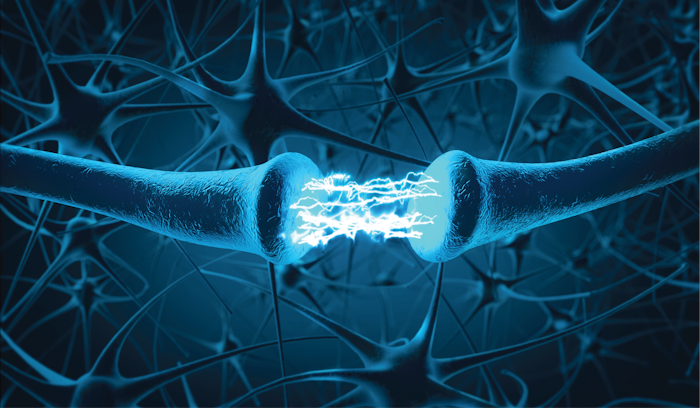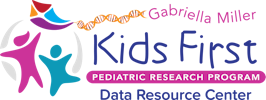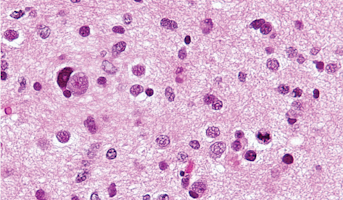
CBTN Data
About this
Project
Patients with high grade gliomas (HGG) face considerable treatment challenges. Comprehensive genetic and immune system research is needed to find new therapeutic options. One form of therapy that is promising for HGG patients is CAR T cell therapy. CAR T cell therapy is a type of treatment in which a patient's T cells, a type of immune cell, are collected from a patient’s blood. In the laboratory, the gene for a special receptor that can bind to a patient’s cancer cells is added to the T cells. The special receptor is called a chimeric antigen receptor (CAR). This change causes the T cells so they will attack the tumor itself. Researchers will leverage large-scale datasets such as the Pediatric Brain Tumor Atlas with state-of-the-art technologies to inform novel targets for CAR T-cell therapy. Ultimately, researchers hope to improve survival outcomes as a result of information gained through this project.
Ask The
Scientists
What are the goals of this project?
CAR T cell therapy is a promising treatment lead and this research intends to identify novel targets for this therapy for patients with high grade gliomas.
What is the impact of this project?
The identification of novel targets for CAR T cell therapy in patients with high grade gliomas could lead to improved survival outcomes.
Why is the CBTN request important to this project?
In order to use CAR T cell therapy on patients with high grade gliomas, researchers must first interrogate datasets such as the Pediatric Brain Tumor Atlas in search of therapeutic targets.
Specimen Data
The Children's Brain Tumor Network contributed to this project by providing access to the Pediatric Brain Tumor Atlas.


